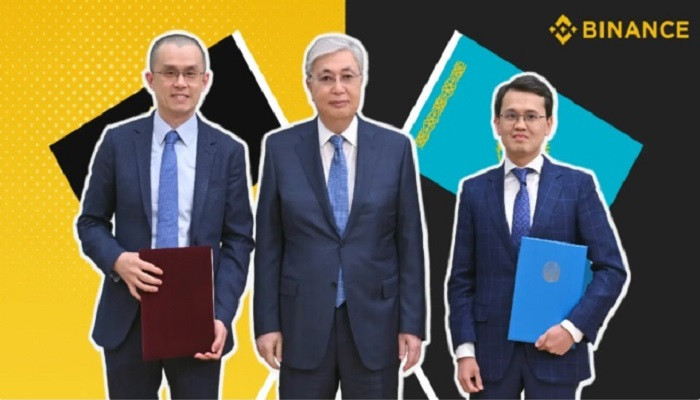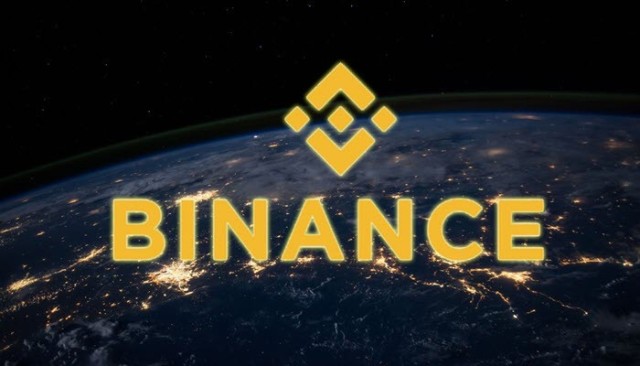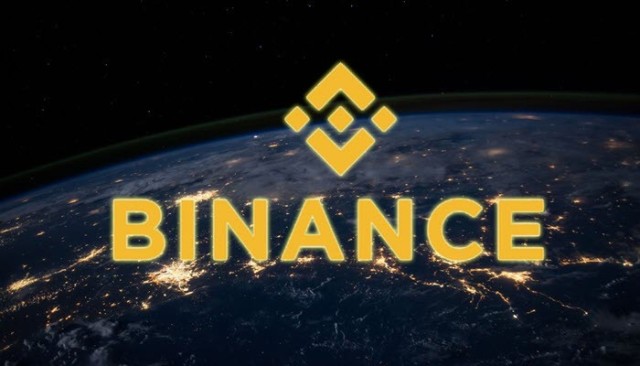Global cryptocurrency exchange Binance has signed a Memorandum of Understanding with the Financial Supervision Agency of the Republic of Kazakhstan as part of its Global Law Enforcement Training Program.
The programme, which includes officials from regulatory and law enforcement organizations around the world, aims to enhance industry cooperation with national and international law enforcement agencies in combating financial and cybercrime.
The program also aims to identify and block illegally obtained digital assets and use them to launder proceeds of crime and finance terrorism, according to Investing.com.
Kazakhstan has emerged as one of the leading digital countries in Bitcoin (BTC) mining, and recently, the Central Asian country has also developed favorable crypto-regulations such as allowing crypto exchanges to open bank accounts, and even looking to legalize the use of cryptocurrencies on a larger scale. .
Binance received preliminary approval to operate in Kazakhstan earlier in August of this year.
The Binance Law Enforcement Training Program has been conducted in Canada, Brazil, France, Germany, Italy, the United Kingdom, and Norway. The program was officially launched on September 26, but the company's investigation team has held law enforcement workshops over the past year.
In the absence of any strong regulatory framework for cryptocurrencies among the majority of countries, the expansion of crypto trading platforms such as Binance in these jurisdictions comes with its own challenges. Thus, with the help of the training program, Binance hopes to raise awareness among law enforcement agencies and officials to develop cooperation on a global level.
The crypto exchange's focus on compliance and regulations comes after facing numerous warnings and investigations from financial regulators around the world. However, the trading platform has managed to improve and even return to many jurisdictions such as Italy and France where the business has been deemed illegal.
Binance attributed its recent regulatory approvals in France, Italy and Spain to its recent compliance measures.









































